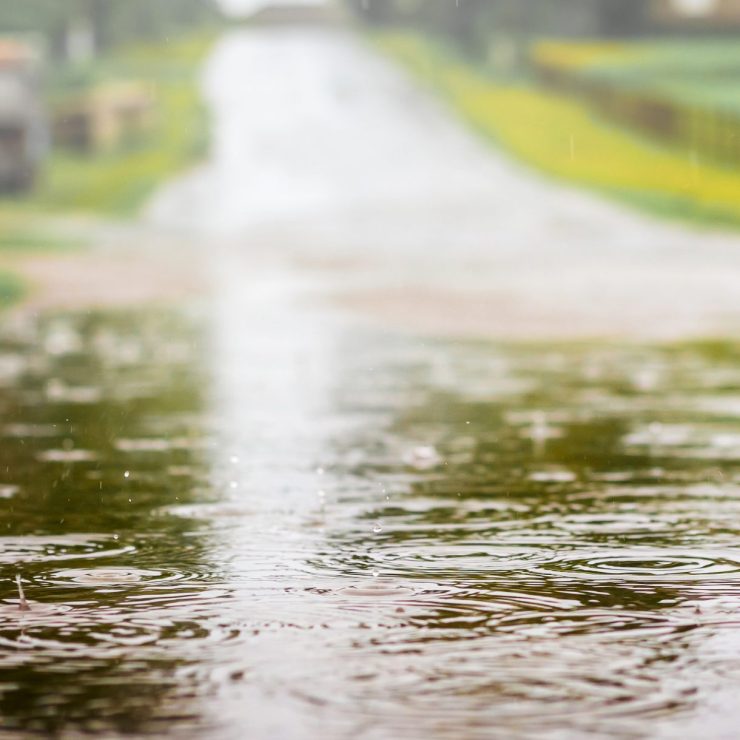By: Andrew Der, CEP
As rising temperatures and climate change impact the rainfall patterns and stormwater runoff in Maryland, urban and riverine flooding are becoming increasingly problematic. In 2021, the Maryland General Assembly passed legislation requiring the Maryland Department of the Environment (MDE) to review and update stormwater management (SWM) standards on a regular basis, incorporating the most recent precipitation data available, as well as results from investigations on flooding events occurring in the state since 2000.
MDE Proposed Regulatory Requirements
A little over a year later, the MDE proposed the first phase of changes to state SWM standards. In July of 2023, the Department released a public draft of their proposed SWM requirements for new and redevelopment in Maryland during ongoing rounds of reviews and discussions with stakeholders. The initial draft incorporates updated rainfall data and would require a significant expansion of current SWM practices to address runoff from high-intensity, short-duration storms. The goal of these draft regulations is to implement more rigorous Environmental Site Design (ESD) to the Maximum Extent Possible (MEP) in SWM practices for new construction.
A few highlights of the proposed regulations include:
- Expanded ESD Techniques: Current ESD practices do not sufficiently account for changes in precipitation patterns and must be updated to provide adequate water quality treatment, channel protection, and flood control.
- Reclassification of Open Space: Open space will be reclassified to assume less infiltration and higher peak runoff rates.
- New Development Standards for Environmental Justice: Further regulation will be placed on overburdened and underserved communities to ensure they are adequately protected from stormwater flooding.
- Transition Period: A transition period that applies current regulations to projects that reach concept plan approval by June 30, 2028, and would complete construction by June 30, 2035.
How Will This Affect Our Work?
Although the specifics are being refined as we speak, these proposed regulations have the potential to significantly affect our engineering work, possibly requiring more regulatory review near regulated waters and wetlands to install more “divide and conquer” flow treatment Best Management Practices (BMPs), and potentially increasing activities near these areas. The draft outlines the beginning of how the MDE aspires to transform SWM techniques in Maryland. With the General Assembly requiring regular reviews and updates to the state standards, we can expect to see more changes in the coming years.
